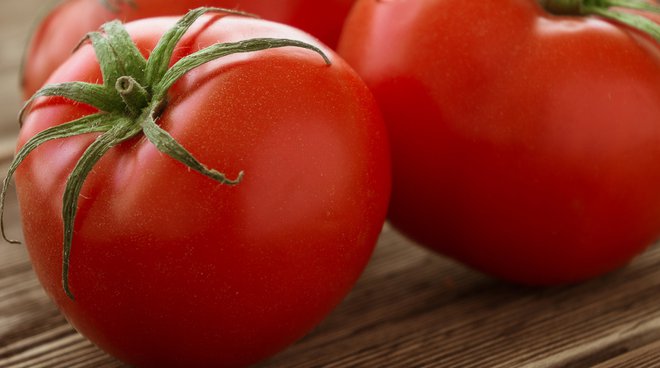Healthy and Sustainable
MINERAL SALTS
Minerals, among all the nutrients, are inorganic substances present in nature and in plant and animal food.

Minerals, among all the nutrients, are inorganic substances present in nature and in plant and animal food.
They are not always in the form of salt. Minerals are considered essential not only because life cannot be sustained without them, but because our body is unable to synthesize them. Man is forced to eat them with food adopting a varied diet to ensure an adequate intake of the necessary minerals.
Minerals are classified according to the quantity required by the body: Macroelements, Microelements, and Trace elements.
Macroelements: Calcium, Phosphorus, Magnesium, Sodium, Potassium and Chloride, the requirement is more than 100 mg/day.
Microelements: Iron, Copper, Zinc, Fluoride, Iodine, Selenium, Chrome and Cobalt, the requirement is from 1 to 100 mg/day.
Trace elements: Bromine, Chrome, Nickel, Lithium, Silicon, Tin and others.
There are only traces of these in the body and the requirement is below 1 mg/day.
Function of minerals
Minerals are present in all food chains; plants absorb them from the soil and from fertilizers, including animal kind ones.
They pass from the plant to the animal world in a continuous cycle. Minerals make up 6% of body weight, are an essential part of our cells and with other substances they form bones and tissues. Minerals are also part of the metabolic system so they are eaten with fats, proteins and sugars, are essential to synthesize proteins, to keep body temperature and blood pressure stable as well as to supply the cardiovascular system and perform many other vital functions. They are constantly eliminated with urine, feces and sweat so they must be reintegrated daily. Among the many minerals and numerous functions, below we take a close look at the properties of the most important minerals for human beings.
CALCIUM
It is the most abundant mineral present in the human body, which contains between 1 and 1.5 kg of calcium.
The majority of bones and teeth are made of calcium, but the mineral also intervenes in other important functions such as the nervous system and cardio-circulatory system. Calcium deficiency can prevent a correct physiological growth in children and cause osteoporosis at an advanced age.
IRON
It is a very important micro-nutrient for health because it carries out many functions inside the human body. It is an element of the red blood cells, part of numerous proteins including hemoglobin, myoglobin and cytochromes which are essential for transporting and using oxygen. A shortage of this mineral causes iron-deficiency anemia. Iron deficiency in the blood can be higher in women during childbearing age, pregnancy and breastfeeding.
PHOSHPORUS
It works in synergy with calcium and vitamin D forming the material that makes bones.
IODINE
It is above all an essential part of hormones produced by the thyroid. Iodine deficiency causes goiter and, in pregnant women, can lead to a mentally retarded child.
MAGNESIUM
It intervenes in muscle function, facilitating the contraction of the muscles including the heart.
POTASSIUM
It is above all important for the proper function and health condition of the nervous and muscle systems, including the heart.
SODIUM
It intervenes in the hydro-saline balance, avoiding excessive water loss.
SELENIUM
It is a powerful antioxidant and, like zinc, it reduces the damage caused by excess free radicals.
It has a synergistic effect with vitamin E.
ZINC
It is a powerful antioxidant; it intervenes in growth, in prostate function, works on the immune system and in healing wounds.
It also intervenes in protein synthesis and in collagen formation.
About tomatoes
Tomatoes contribute a large quantity of potassium (approx. 650 mg per 100g of product).
This mineral is part of the plasmatic electrolytes, the minerals which work on blood pressure, muscle strength, and reflexes. Potassium deficiency can cause fainting and muscle cramps. For these reasons tomatoes are an important food in the diet of athletes.
The contents of this article are in accordance with the parameters set out by the European Food Safety Authority - EFSA.
NEWS
ALSO IN FOOD TRENDS
Healthy and Sustainable
Health and tomatoes: low-calorie recipes
Integrating low-calorie recipes into your diet is essential for anyone aspiring to maintain a healthy, balanced lifestyle. In this context, the tomato stands out as an ingredient known both for its nutritional value and versatility in cooking.
Healthy and Sustainable
What to add to puree? The right sauce for every taste
Tomato sauce is a classic of Italian cuisine and, starting with the basic recipe made with sautéed onion and basil, this delicious sauce can give you unforgettable moments of flavor!
Healthy and Sustainable
Recipes with grains for a cool summer
Four delicious recipes with grains, excellent also chilled, for a cool summer.


